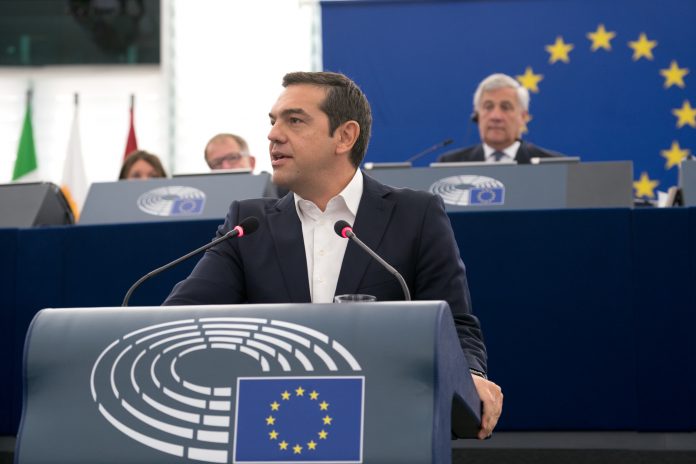Greek Prime Minister Alexis Tsipras announced the first increase in the country’s minimum wage in nearly a decade.
“[This] will be emblematic for the labour force, a rise that will reinvigorate the real economy,” Tsipras told a meeting of his cabinet on January 28.
He said the standard monthly minimum wage would rise by 11%, from €586 to €650, and a lower-wage category for younger employees would be abolished.
The increase, while expected, was greater than anticipated: there had been speculation that it would rise by 8% to €630.
According to the labour ministry, an estimated 880,000 people will benefit from the changes, which also include a rise in unemployment pay and maternity support.
As reported by the Guardian, Tsipras appears determined to reverse some of the unpopular measures Athens has been compelled to take by the creditors behind the bailouts that have kept Greece afloat for the past nine years.
After receiving the biggest financial rescue in global economic history, the country exited its third and final EU-sponsored bailout programme last August.

